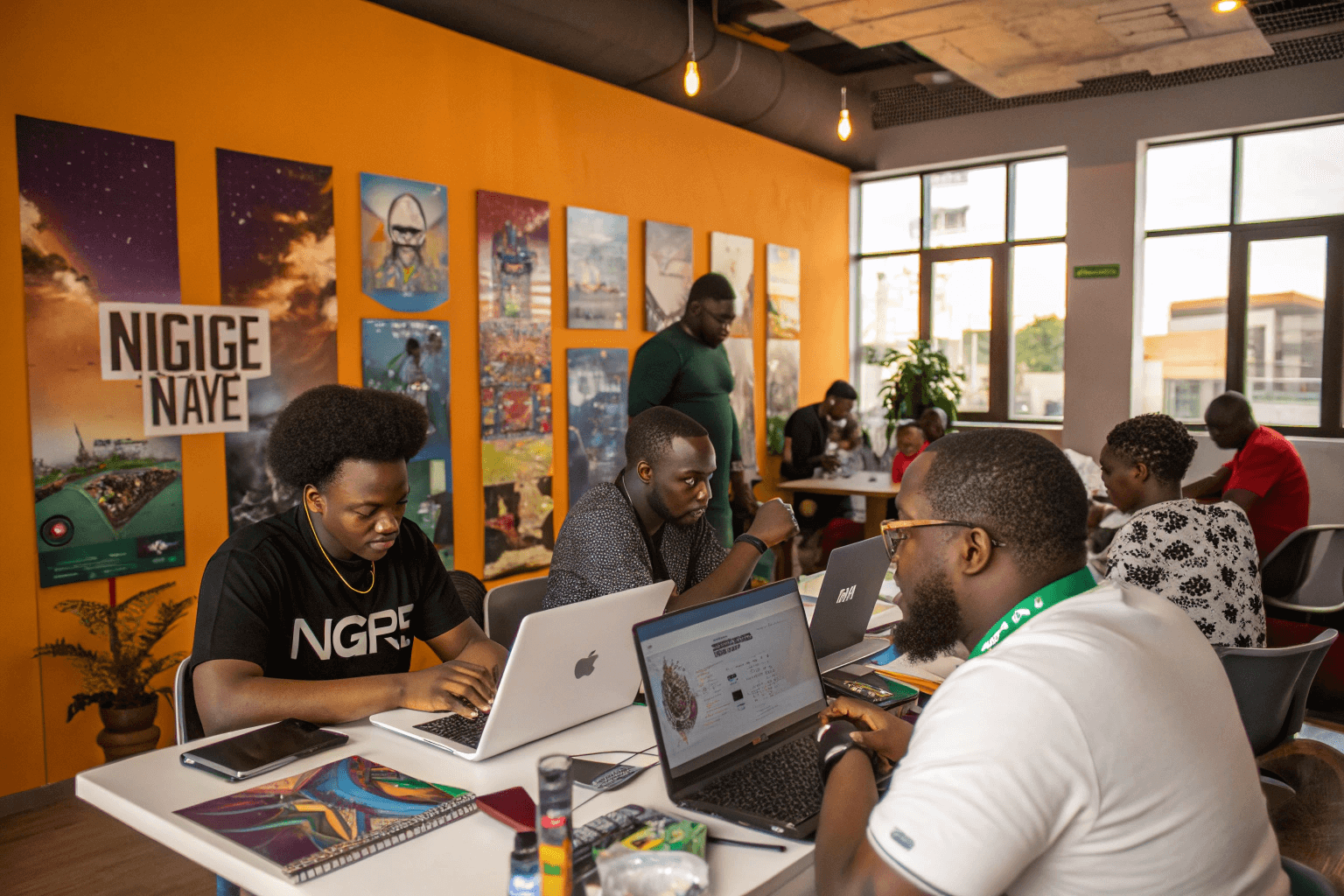Nigeria’s gaming industry is on the rise, driven by a wave of creative talent and a growing community of players. With a youthful population and increasing access to technology, indie game developers in this West African nation are poised to make their mark globally. However, when it comes to Steam the powerhouse platform for PC gaming, Nigerian devs often hit a wall. From account creation roadblocks to financial hurdles, publishing on Steam can feel like an uphill battle. Yet, through resilience and ingenuity, these developers are finding ways to succeed against all odds.
Steam’s appeal is undeniable: with millions of users worldwide, it’s a launchpad for indie games to reach international audiences. But for Nigerian developers, even the first step—creating a Steamworks account—can be a dead end. Many encounter cryptic errors or outright denials, a problem likely linked to Steam’s fraud prevention systems. These measures, intended to curb scams, may unintentionally flag legitimate creators from regions like Nigeria, where online fraud has historically been a concern.
The fallout is significant. Without Steam access, devs lose out on a vast market, stunting their games’ growth potential. Adding to the frustration, Steam’s $100 publishing fee payable only in supported currencies like USD poses a steep challenge in a country where the local Naira isn’t an option. This forces developers to navigate currency conversion hurdles and set prices that may alienate local players.
Despite these obstacles, some Nigerian devs have cracked the Steam code. Take Virago, a 2D adventure game by Honest Chronicle, now available on the platform. With its compelling narrative and polished mechanics, Virago has earned praise from players worldwide. How did they do it? While specifics are scarce, it’s possible they leveraged international contacts or partnered with publishers to bypass regional restrictions. Their success proves that determination can open doors, even when the odds seem stacked against you.

For many Nigerian developers, Steam’s barriers have sparked a shift to more accessible alternatives. With its low entry threshold and massive local audience, mobile gaming has become a goldmine. Studios like Maliyo Games have capitalized on this, releasing hits like Okada Ride, a motorbike-themed game that resonates with Nigerian players. Similarly, Gamsole’s Whot King: Naija Card Game has amassed a loyal following, showcasing the power of culturally relevant mobile titles.
Beyond mobile, platforms like Itch.io and Game Jolt offer a haven for PC game creators. Free to use and easy to navigate, these sites allow devs to share their work without Steam’s gatekeeping. While they lack Steam’s reach, they’re vital stepping stones for building a fanbase and gaining visibility.
Nigeria’s indie gaming scene is still young, but its potential is immense. Local interest in platforms like Steam is growing, yet structural issues unstable internet, limited hardware, and Steam’s regional policies remain hurdles. Could change be on the horizon? As Nigerian devs gain traction and their stories spread, Steam might adapt, perhaps by supporting the Naira or easing account restrictions. For now, the community thrives on adaptability and grit.
Nigerian indie game developers embody perseverance. Blocked from Steam’s mainstream path, they’ve forged their routes, whether through mobile dominance, indie platforms, or rare Steam victories like Virago. Their journey highlights a universal truth: talent and creativity can flourish anywhere, even in the face of adversity. As the global gaming world takes notice, these developers are rewriting the rules and proving Nigeria’s place on the map.
